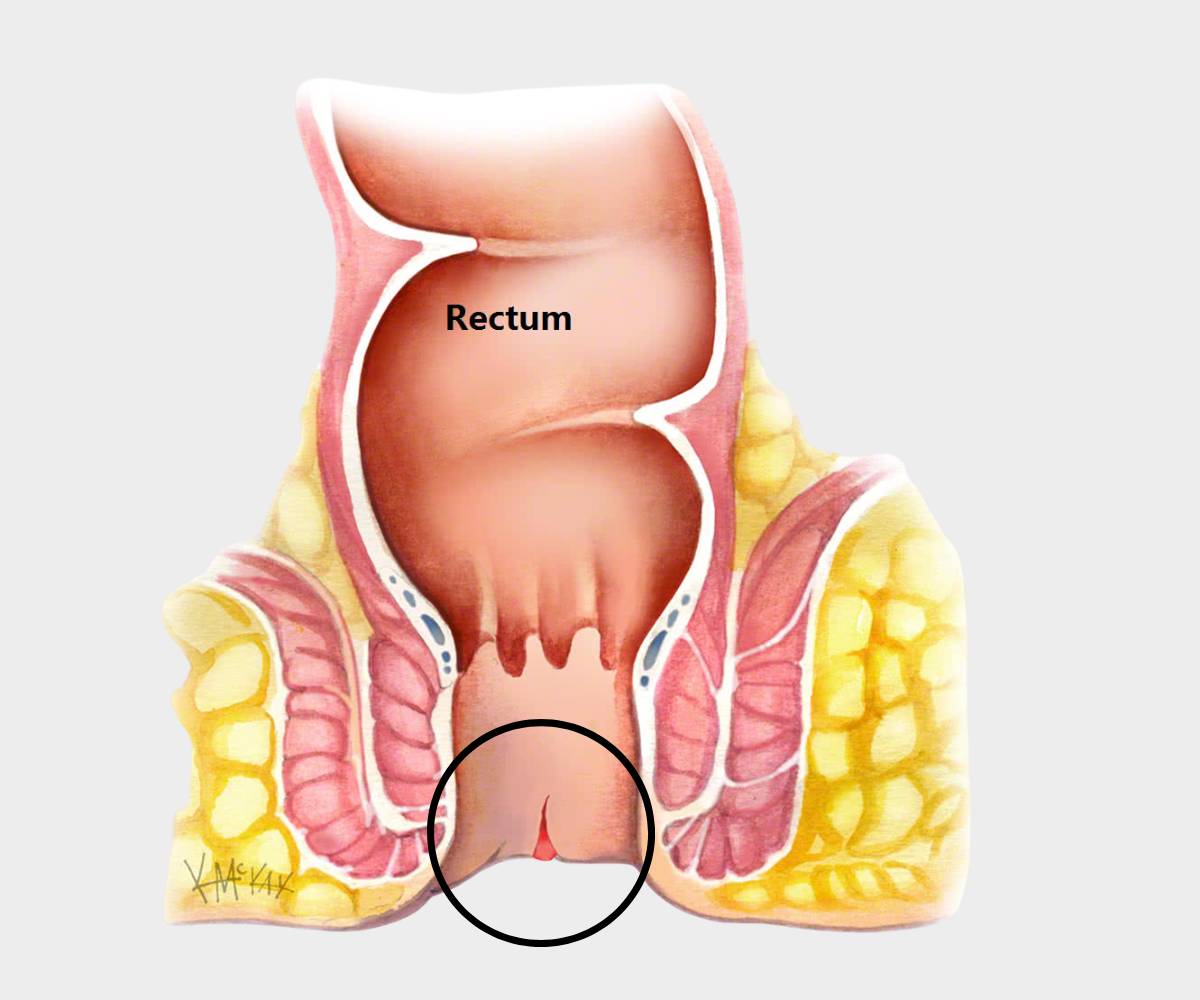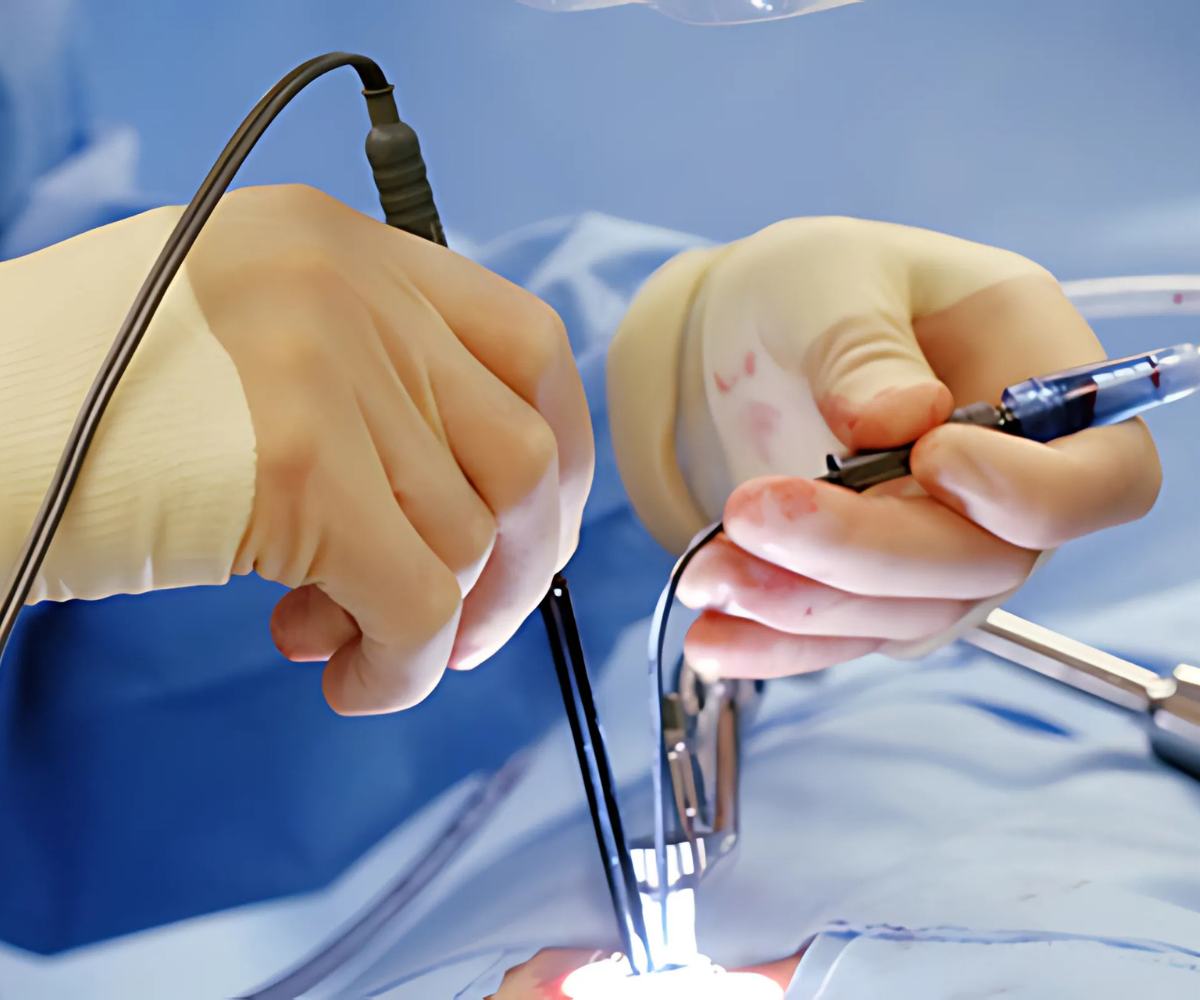
Surgery for Fissure
Anal fissures are small tears in the lining of the anal canal, often caused by constipation or passing hard stools. When the condition becomes chronic and doesn’t heal with medication, surgery becomes the most effective solution. The most common surgical method is lateral internal sphincterotomy.
This simple yet effective outpatient procedure helps relieve the pain by reducing pressure in the anal canal, allowing the fissure to heal naturally. It offers rapid relief from pain and discomfort, with a very low risk of recurrence when followed by proper care and lifestyle changes.
- Same-day discharge
- Quick recovery time
- Painless and bloodless procedure
- No stitches, minimal scarring
Causes
Not eating enough fiber
Not getting enough exercise
Stress
Symtoms
Infrequent Bowel Movements
Loss of Appetite
Lower Back Pain

Treatment
Biofeedback Therapy
A non-invasive, physiotherapy-based treatment designed to help patients regain control over rectal muscles—especially in cases of Obstructed Defecation Syndrome (ODS).
A probe is gently inserted into the rectum to monitor muscle activity, which is displayed on a screen. Under expert guidance, patients are trained to coordinate and strengthen pelvic muscles for smoother, strain-free bowel movements.
Effective for: Chronic constipation due to pelvic floor dysfunction.
STARR Surgery (Stapled Transanal Rectal Resection)
An advanced, minimally invasive procedure for patients with chronic constipation caused by rectal prolapse or ODS.
Under general anesthesia, two circular staplers are used to remove the prolapsed or obstructed section of the rectum, restoring normal rectal anatomy and function.
Invented by Dr. Antonio Longo, this surgery is performed extensively at Healing Hands Clinic, led by Dr. Porwal, offering hope to patients who’ve struggled for years.
Effective for: Structural causes of chronic constipation and rectal prolapse.
